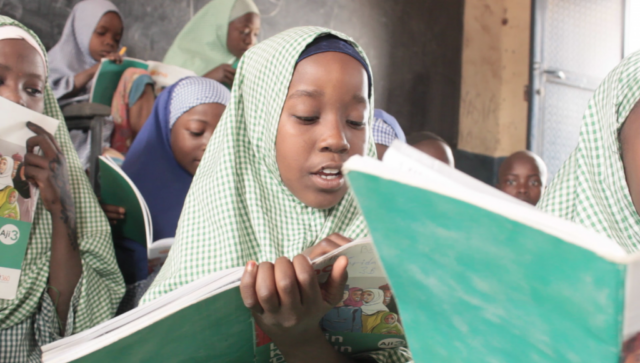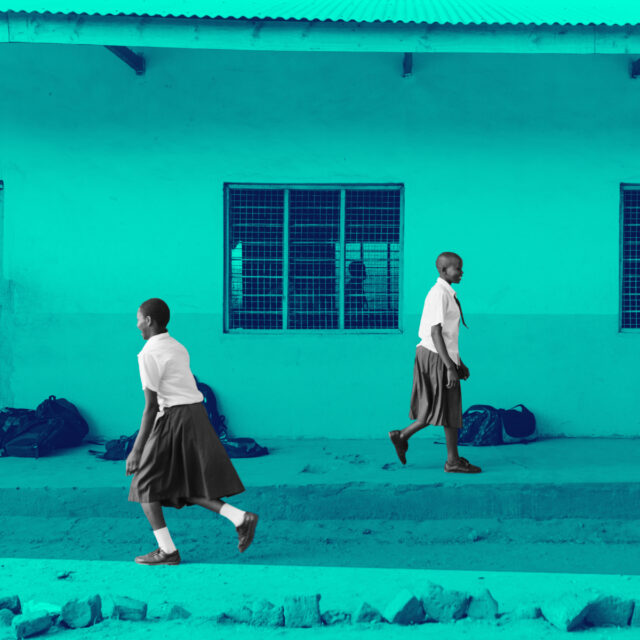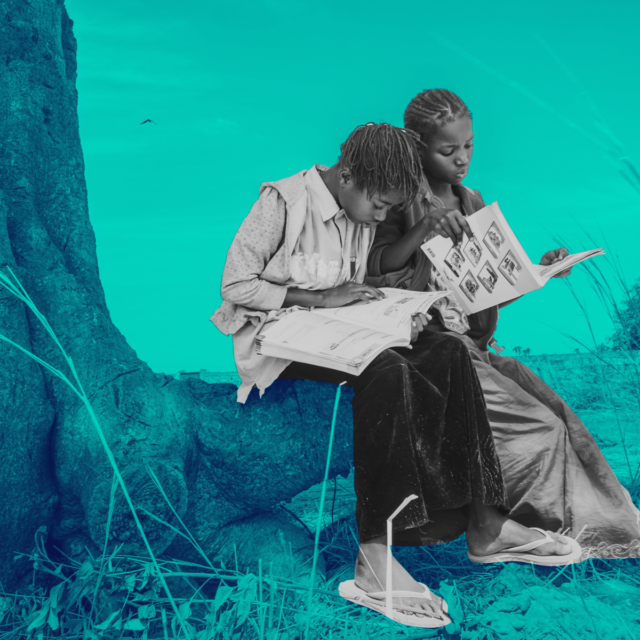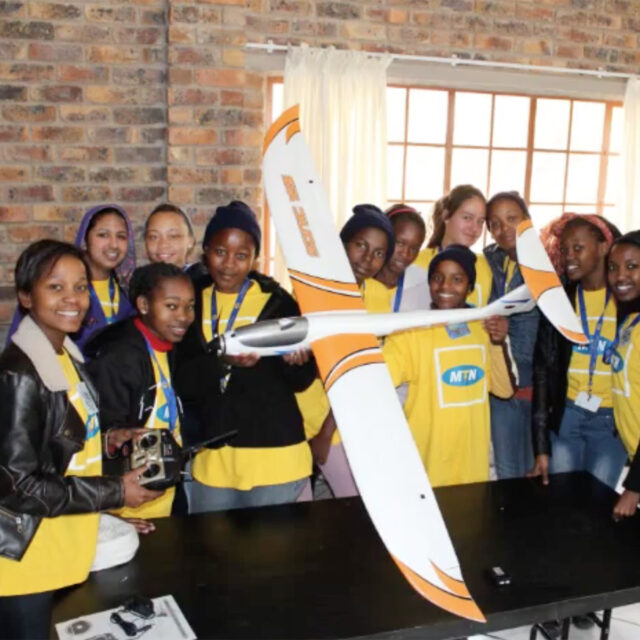By Anne Smiley and Nurudeen Lawal, FHI 360
In Northern Nigeria, the vast majority of third-grade pupils cannot read a single word in any language. Teaching materials are few and far between, and most teachers receive little training or support. But in Katsina and Zamfara states, communities are excited to see kids starting to learn how to read in Hausa, a language that almost everyone can speak and understand. Learning to read is the first step to learning across all subjects, setting kids up for success in school.
The Reading and Numeracy Activity, also known as RANA, which means “sun” in Hausa, is working with primary schools, integrated Qur’anic schools, and local government institutions to deliver an evidence-based approach to early grade literacy and numeracy. The program is working: learning assessments show consistent gains across fundamental reading and numeracy skills for both girls and boys.
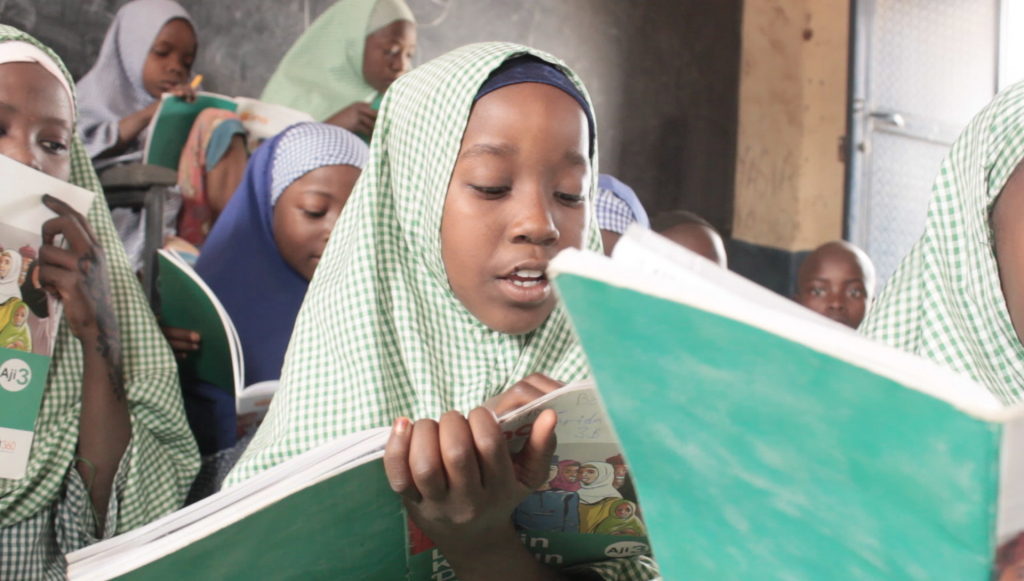
RANA came to Salahudeen’s school in 2016, and since then, this bright ten-year-old has become a self-proclaimed reading champion.
“I have always admired people when I see them reading,” he says. “When our teacher started teaching us RANA lessons, I paid attention so that I can also read.”
According to Salahudeen’s father, “The RANA lessons have made him more hardworking and love school. I will support his education to any level within my means. I am very grateful to RANA for giving school a new meaning.”

Here’s how RANA works:
- Aims to break every barrier to education access and quality: By directly engaging communities and schools in the process of improving the quality of teaching and learning, and by teaching in Hausa, families are increasingly motivated to participate for the long term.
- Invests in every teacher: Not only through ongoing training and coaching in the use of high-quality teaching and learning materials in Hausa, but also by equipping teachers with continuous assessment techniques and tools, so that they can directly see the impact on student learning.
- Measures every outcome: Coaches routinely conduct classroom observations on teachers’ methods of instruction and fidelity to the program design, and learning data is collected as well: three times a year, coaches test a panel of pupils from each class in reading and numeracy fundamentals, allowing the program to study student learning gains over time. Finally,
- Connects every classroom: Coaches use tablets for observations and monitoring of school and community activities, which rely on GPS time stamps for accountability; and a vibrant online Community of Practice has been created amongst teachers and trainers via Whatsapp, reducing isolation and increasing opportunities for peer learning and review.
RANA represents a holistic, clearly defined, locally-based and locally-owned approach to education reform, with children and their families at the centre. Scale-ups are already being planned, and in some cases implemented, in neighbouring areas. More readers, more books, more learning: sustainable, locally relevant education for all, in action.
RANA is funded by the U.K. Department of International Development (DFID) through the United Nations Children’s Fund (UNICEF), and implemented by FHI 360 and its local partners. For more information about RANA, please contact Anne Smiley at [email protected]. To learn more about FHI 360’s work in global education, visit their website.
